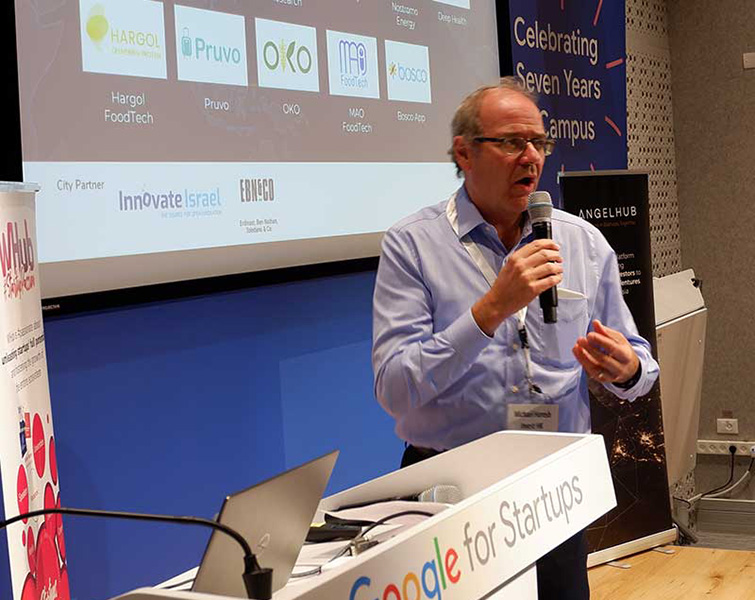Reading through the weekend newspaper in Israel made for depressing reading initially. It looks like the new Kenesset (Parliament) will have as many factions as ever, with few showing signs of the leadership desired by their voters. The death toll from corona has passed the 5,000 mark. Businesses are folding all over the place, including 1,000 coffee / restaurant outlets.
Amongst all the gloom – yes, we are thinking of recancelling our subscription – came two separate notes of optimism, both clearly sparked by the corona crisis.
Let’s start with the neighbours. A few weeks ago, we were taking our Sabbath constitutional, when we noticed a small plot of greenery. There was a newish sign, explaining that it was a ‘community garden’, set up over the past few months. It was sponsored by the local council.
According to an item in the paper, similar initiatives are sprouting up (pun intended) all over Israel. It is estimated that there about 400 such projects, many coming to fruition since February 2020.
I was particularly attracted to the story of the garden in Mea Shearim, an over-crowded, ultra-orthodox neighbourhood in Jerusalem. It is mainly cared for by local women. As ever, it thrives on the back of volunteers, donations and a few shekels thrown at it by local authorities.
Wonderful stuff! It reminds of stories when during the Second World War, such things blossomed in the Britian.
And if you are more of the stay at home type, well you can join a growing crowd of people investing in the stock exchange from their laptop. It is estimated that in 2020, 141,000 new accounts were opened by individual Israeli investors, a 44% jump on the previous year.
What are the reasons for this spark? Well, nothing in particular, it would appear. An item in the newspaper refers to:
- Boredom, fed up just doing the same things on the computer.
- The availability of spare cash not being spent on holidays
- Annoyance that the banks / investment houses take healthy profits.
- New apps to help the intrepid entrepreneur
- the feeling that life is too short not to take a chance
Maybe these suggestions explain why stock markets around the globe are still moving forward, when ‘experts’ have been expecting a crash for the past year.
What the two items illustrate is that society is reacting to corona. Israelis are not waiting around for a hapless government to show them how. Corona is changing us and our economy in more ways than we realise.




